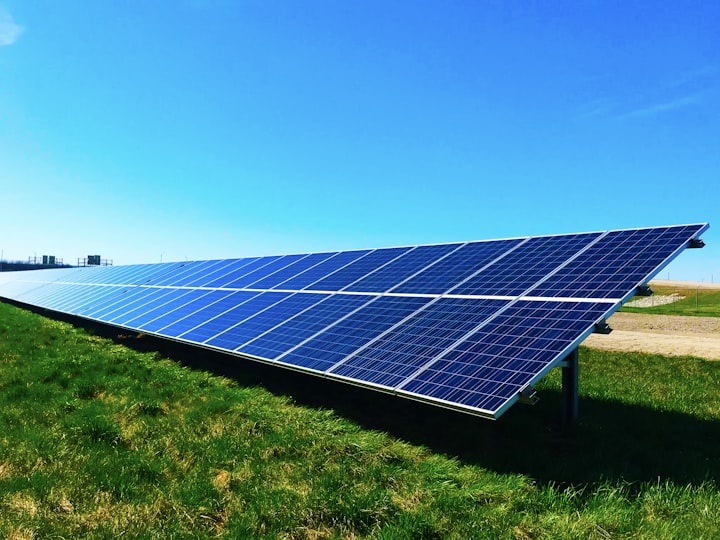
Tilapia is a popular fish that is widely consumed across the world. It is considered to be a healthy and affordable source of protein and is often touted as a sustainable alternative to other types of fish. However, despite its popularity, there are several reasons why tilapia may not be the best fish to eat. In this blog, we will explore some of the reasons why tilapia may not be a good fish to include in your diet.
1. Tilapia may be farmed in unsanitary conditions
One primary concern with tilapia is how it is often farmed. Tilapia is a popular fish for aquaculture, as it is relatively easy to breed and grow quickly. However, in many cases, the conditions in which tilapia are farmed can be unsanitary and inhumane. Tilapia are often raised in crowded tanks or cages, which can lead to the buildup of waste and disease. In some cases, tilapia may be fed a diet of corn or soy, which can be difficult for them to digest and can lead to health problems.
2. Tilapia may be treated with chemicals
In order to prevent disease and parasites in farmed fish, many farmers may use chemicals and antibiotics. While these treatments can be effective in preventing disease, they can also lead to the buildup of harmful chemicals in the fish's flesh. In some cases, farmed tilapia may contain traces of antibiotics, growth hormones, and other chemicals that can be harmful to human health.
3. Tilapia may contain high levels of omega-6 fatty acids
While tilapia is often marketed as a healthy fish, it may not be as healthy as some other types of fish. One concern is that tilapia may contain high levels of omega-6 fatty acids, which can be pro-inflammatory in the body. While omega-6 fatty acids are an essential part of the diet, most people consume too much of them and not enough omega-3 anti-inflammatory fatty acids. This imbalance can lead to chronic inflammation and a host of health problems.
4. Tilapia may not be as nutritious as other types of fish
While tilapia is a good source of protein, it may not be as nutritious as some other types of fish. For example, salmon is rich in omega-3 fatty acids, which are important for brain health and can help reduce inflammation in the body. Tilapia, on the other hand, may contain high levels of omega-6 fatty acids and may not provide the same benefits as other types of fish. Additionally, some studies have suggested that tilapia may be lower in vitamins and minerals than other types of fish, such as wild-caught salmon.
5. Tilapia may not be as sustainable as other types of fish
While tilapia is often marketed as a sustainable alternative to other types of fish, there are concerns about the sustainability of tilapia farming. Tilapia farming can have negative environmental impacts, including water pollution, habitat destruction, and the spread of disease to wild fish populations. Additionally, some farmed tilapia may be fed a diet of wild-caught fish, which can contribute to overfishing and other environmental problems.
In conclusion, while tilapia may be a popular and affordable fish, there are several reasons why it may not be the best choice for your diet. Tilapia farming can be unsanitary and inhumane, and the fish may be treated with chemicals and antibiotics that can be harmful to human health. Additionally, tilapia may contain high levels of omega-6 fatty acids and may not be as nutritious as other types of fish. Finally, there are concerns about the sustainability of tilapia farming and its impact on the environment. If you are looking for a healthy and sustainable source of fish, it may be worth considering alternatives such as wild-caught salmon, sardines, and anchovies, which are rich in omega-3 fatty acids and have lower environmental impacts.
It's important to note that not all tilapia are created equal. Some tilapia may be farmed in more sustainable and humane conditions, and may not contain high levels of chemicals and omega-6 fatty acids. If you do choose to consume tilapia, it's important to do your research and look for products that are labeled as sustainably farmed and free from harmful chemicals.
In addition, it's worth considering the overall balance of your diet. While tilapia may not be the healthiest fish to eat on its own, it can still be a part of a healthy and balanced diet that includes a variety of other nutrient-dense foods such as fruits, vegetables, whole grains, and other types of fish.
While tilapia may be a popular and affordable fish, there are several reasons why it may not be the best choice for your diet. Its farming conditions can be unsanitary and inhumane, and it may contain high levels of chemicals and omega-6 fatty acids. Additionally, tilapia may not be as nutritious as other types of fish, and its sustainability is questionable. When choosing fish, it's important to consider the environmental impact, health benefits, and overall balance of your diet.
Want to keep your blood sugar under control click here.
(***affiliate link disclaimer*** This article contains affiliate links to products that you may find useful. If you click on these links and you decide to purchase any of the products, I will make a commission for the sale of that product.)






Comments
There are no comments for this story
Be the first to respond and start the conversation.